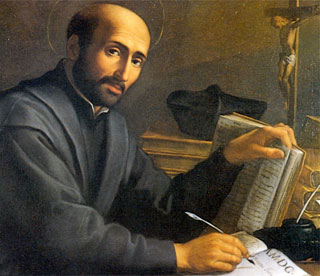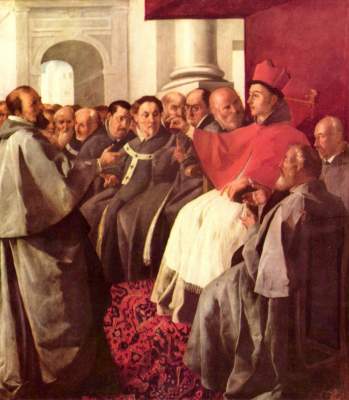This week’s Church History in Five Minutes, I would like to take a look at the figure John Mark who is associated with the Gospel of Mark in the New Testament of the Bible. He is known by several names such as Mark the Gospel Writer, John Mark, Mark the Evangelist and Saint Mark.
While most scholars today assert that the Gospel of Mark was written anonymously around the year 62 AD and is the oldest of the written gospels of Jesus, John Mark continues to shine as an outstanding member of Early Christianity. John Mark’s journey in the early Christian movement began in the bustling streets of Jerusalem, a city steeped in religious fervor and political tension. As a native of this vibrant center, he was likely exposed to the teachings of Jesus during his earthly ministry.
Tradition holds that Mark was among the select group of disciples dispatched by Jesus himself, sent forth to proclaim the Good News and prepare the way for the burgeoning Christian community. Mark’s experiences as one of the 70 disciples would have provided him with firsthand encounters with diverse communities, diverse cultures, and varying responses to the Christian message. These experiences likely shaped his understanding of the universality of the gospel and its transformative power across societal boundaries.
As Christianity began to spread beyond the confines of Jerusalem, Mark found himself in Alexandria, one of the most significant cities of the ancient world. There, amidst the cultural crossroads of Egypt, he is believed to have played a pivotal role in establishing and nurturing the fledgling Christian community. His leadership and dedication laid the foundation for what would become a vibrant center of Christian thought and practice in North Africa. Mark’s connection to Barnabas, a respected early Christian leader, adds another layer of intrigue to his story.
While the nature of their relationship remains somewhat speculative, their alleged familial tie underscores the close-knit nature of the early Christian community and the collaborative efforts of its members in spreading the gospel message. The year 68 AD marked a tumultuous period in Roman history, particularly for Christians, as persecution intensified under the reign of Emperor Nero. In Alexandria, Mark faced the ultimate test of his faith, enduring persecution and ultimately giving his life as a martyr for the cause he held dear.
His unwavering commitment to Christ, even in the face of death, solidified his place as a foundational figure in the history of African Christianity. Centuries later, the memory of John Mark lives on, revered and honored by the Coptic Church, Greek Orthodox Church of Alexandria, and the Coptic Catholic Church.
His legacy serves as a beacon of inspiration for Christians worldwide, reminding believers of the enduring power of faith and the profound impact one individual can have in advancing the kingdom of God. Mark’s life story continues to inspire generations of Christians to embrace their call to spread the gospel message with boldness and conviction, regardless of the obstacles they may face.



